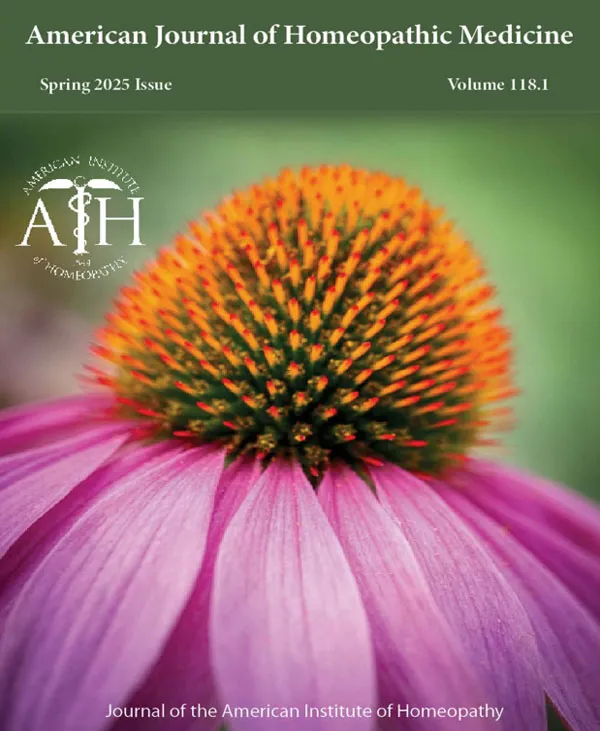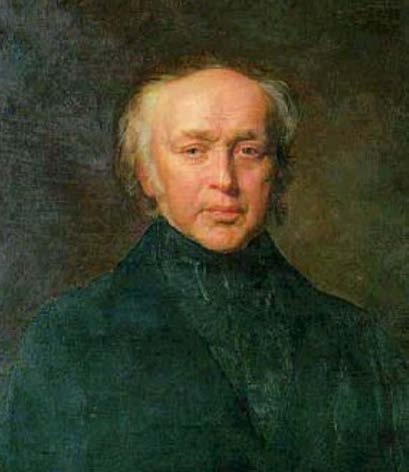
The Complete Understanding of Disease
C.M.F. von Boenninghausen’s Brilliant Use of the Rubrics: Who, What, Where, What assists, Why, How and When
A Contribution to the Judgement Concerning the Characteristic Value of Symptoms1
 Quis? – [Who?] As a matter of course the personality, the individuality of the patient, must stand at the head of the image of the disease, for the natural disposition rests on it …
Quis? – [Who?] As a matter of course the personality, the individuality of the patient, must stand at the head of the image of the disease, for the natural disposition rests on it …- Quid? – [What?] Of course this question refers to the disease; i.e., to its nature and peculiarity …
- Ubi? – [Where?] [Location] The seat of the disease really makes a part of the former question, but it nevertheless deserves to be more particularly emphasized as it frequently furnishes a characteristic symptom, since almost every medicine acts more and also more decidedly on certain particular parts of the living organism …
- Quibus Auxiliis? – [What assists] [Concomitants] … it is manifest that it must refer to the accompanying symptoms …
- Cur? – Why? [Etiology] The causes of the disease play a prominent part in pathological books, and justly …
- Quomodo? – [How? In what matter?] [Modalities] … thus whatever, with the exception of time, which is included in our last question (Quando), possesses the ability to produce a modification, aggravation or improvement with the patient, naturally belongs, according to the usage of the language, to this rubric …that even negative signs, so far as they belong to this rubric, should not be neglected. An example will show best what is meant by this: when a patient, for whose condition Pulsatilla seems suitable according to the five preceding questions, feels best while at rest in a warm room, while he feels uncomfortable in the open cool air, and also is fond of fat foods and bears them well, or offers other peculiarities which, are in conflict with the characteristics of Pulsatilla, this would give an urgent cause to doubt.
- Quando? – [When?] [A modality] This last question concerns the time of the appearance, of the aggravation or the improvement of the ailments …
References
- The Lesser Writings of C. M. F. Von Boenninghausen. Compiled by Thomas Lindsley Bradford, MD. Translated from the Original German by Prof. L.H. Tafel. [from] A Contribution to the Judgement Concerning the Characteristic Value of Symptoms (Allg. hom. Zeit., Vol. 60, p. 73 ff.) Philadelphia: Boericke & Tafel. 1908. pp. 107-119.
About the AJHM
The American Journal of Homeopathic Medicine (AJHM) is a peer-reviewed scientific journal, specifically intended to meet the needs of physicians involved in the specialty of homeopathy. The editor invites original manuscripts, feature articles, research reports, 'Homeopathic Grand Rounds' cases studies, abbreviated case reports for 'Clinical Snapshots,' seminar reports, and position papers that focus on homeopathy, as well as book reviews and letters to the editor. Click below to subscribe to the Journal.
Latest Issue of the AJHM

AJHM – Spring 2025
Volume 118 Number 1
Table of Contents
- Editorial: In this issue
- President’s Message: Our Guiding Precepts
- Homeopathic PuZZle?
- Alchemy, Spagyrics, and Homeopathy: Tracing the Threads of Energetic Medicine
- The Genius of Fluoricum acidum: Part One
- An Interesting Case of Kola
- Book Review: ‘Lessons in Pure Homeopathy, From the Writings of Hahnemann’s Best Student and Medicine’s Most Successful Practitioner, Adolph Lippe, MD’ – Edited & Annotated by A. Saine, ND
- Book Review: ‘Folkways and Homoeopathy: Our Ancestral Secret of Healing’ by Shailendra Ramchandra Vaishampayan


